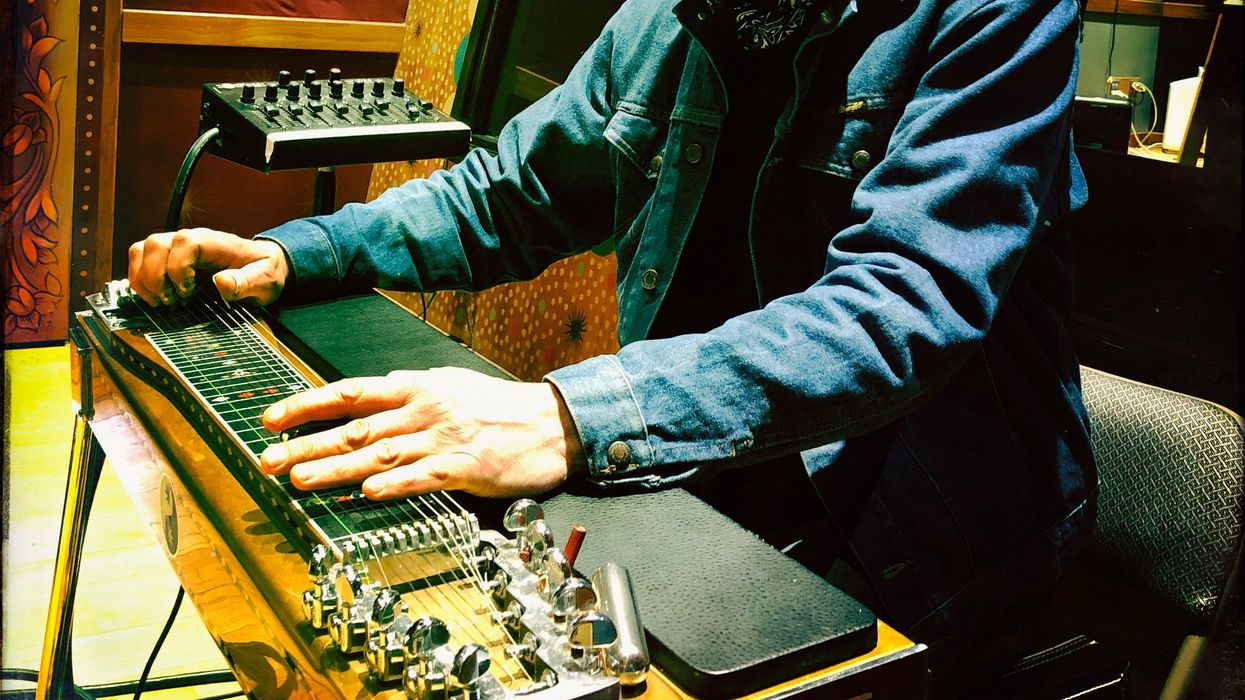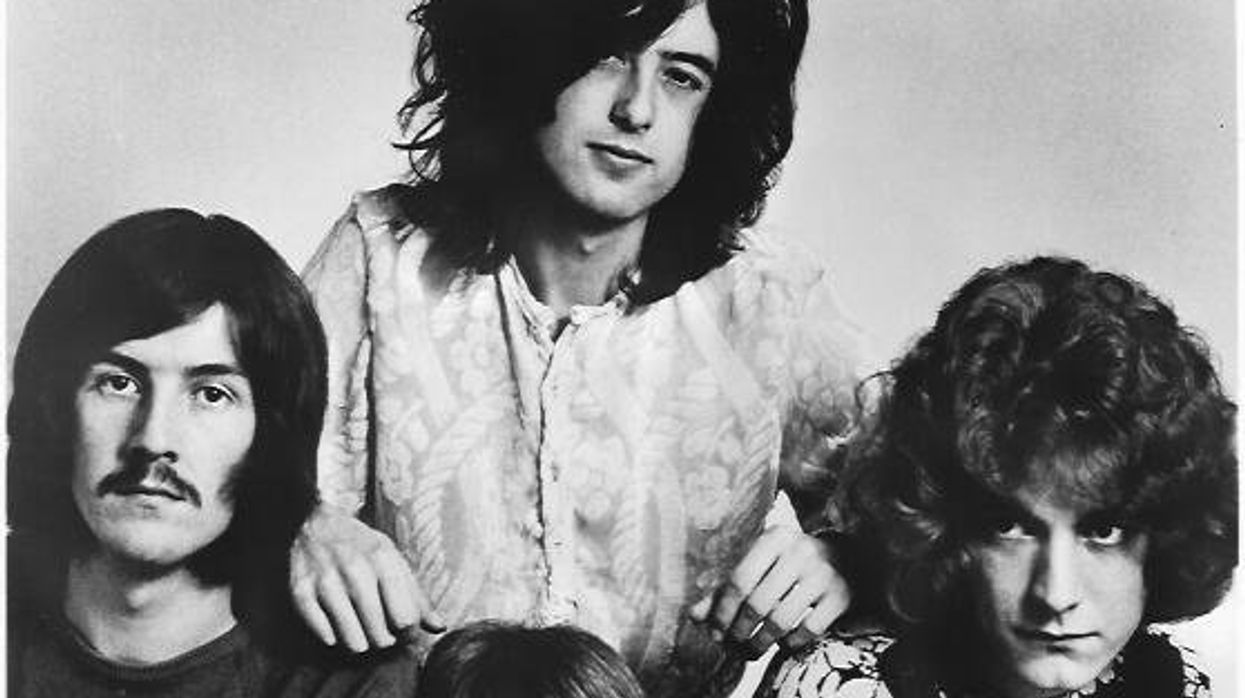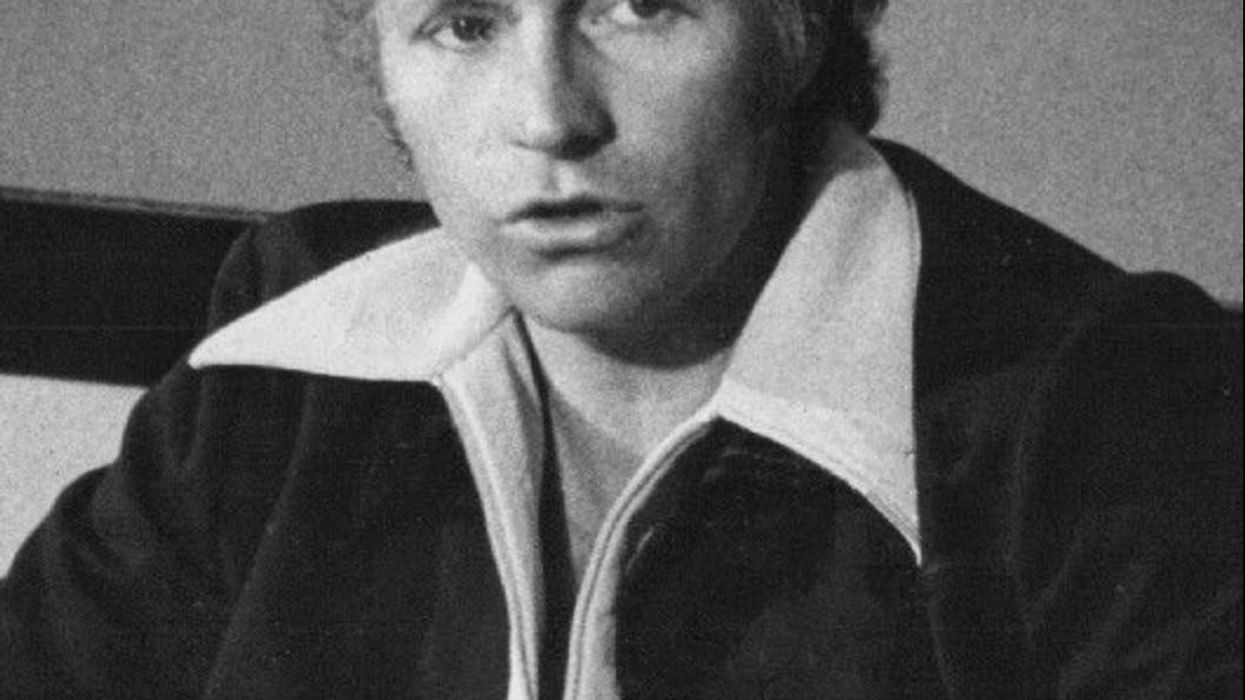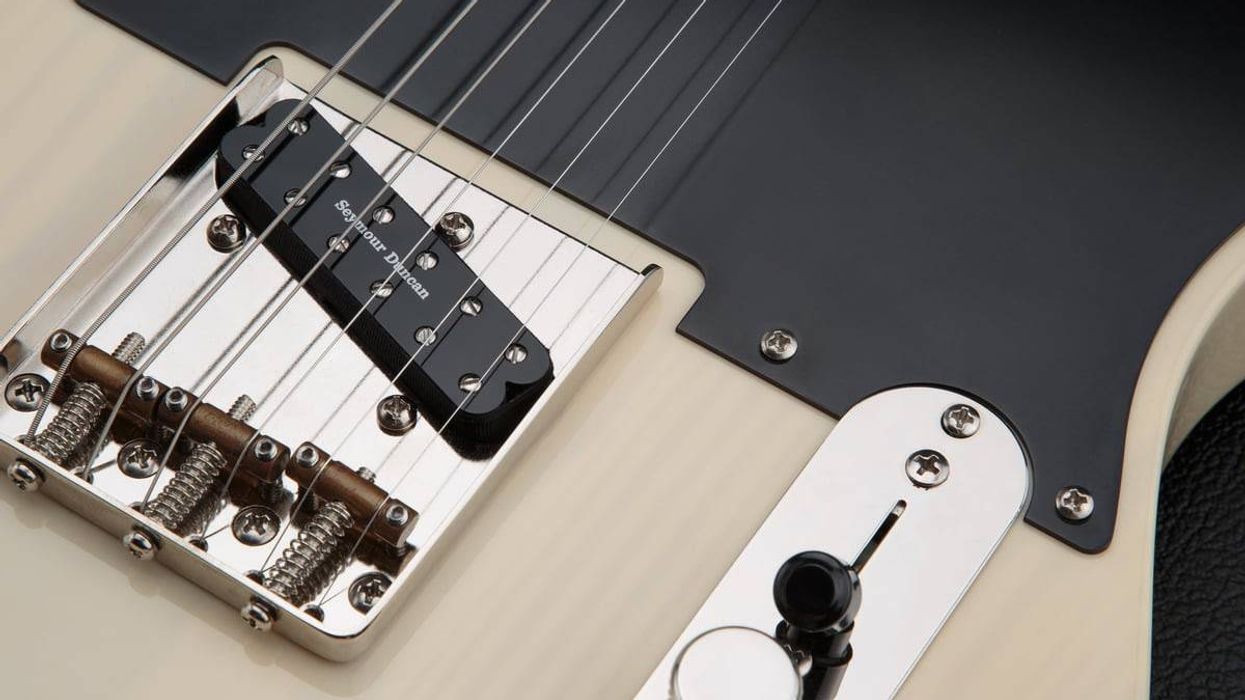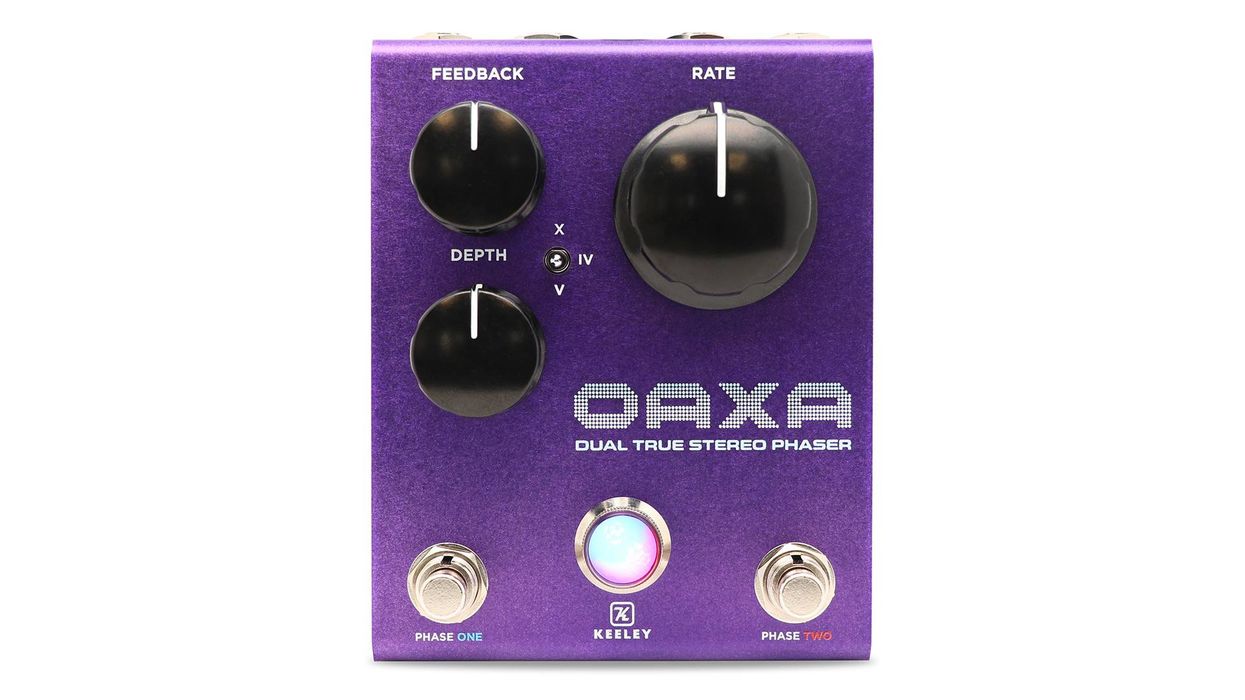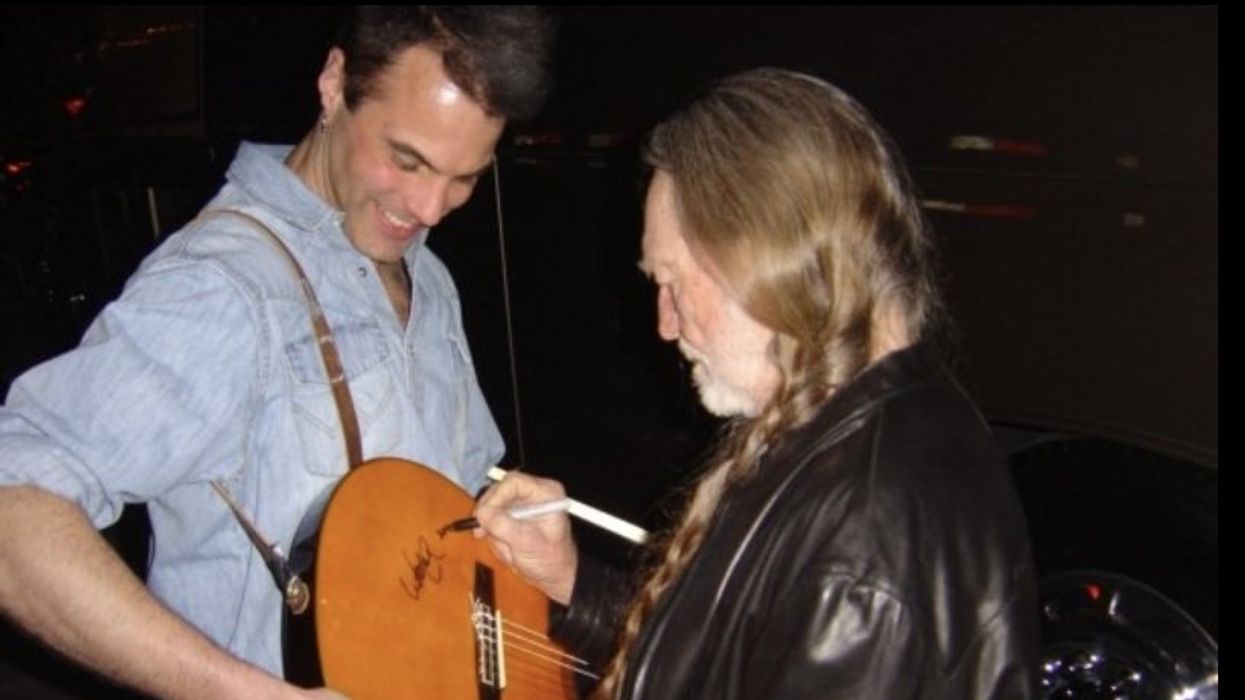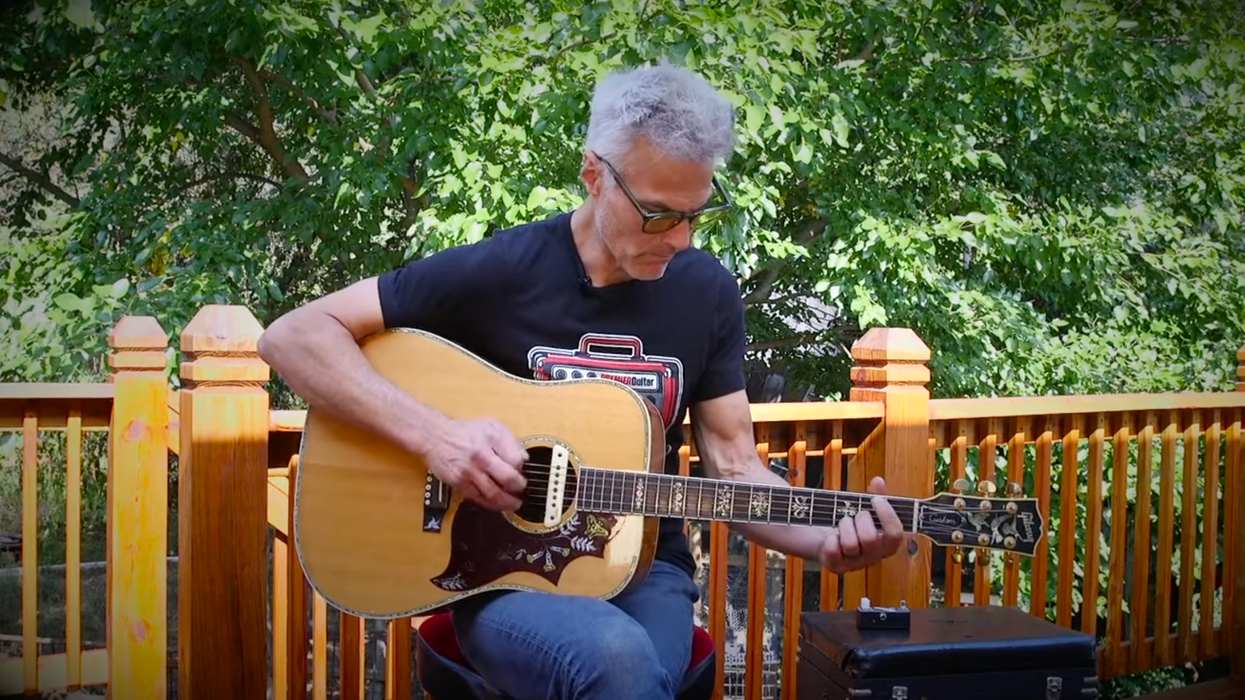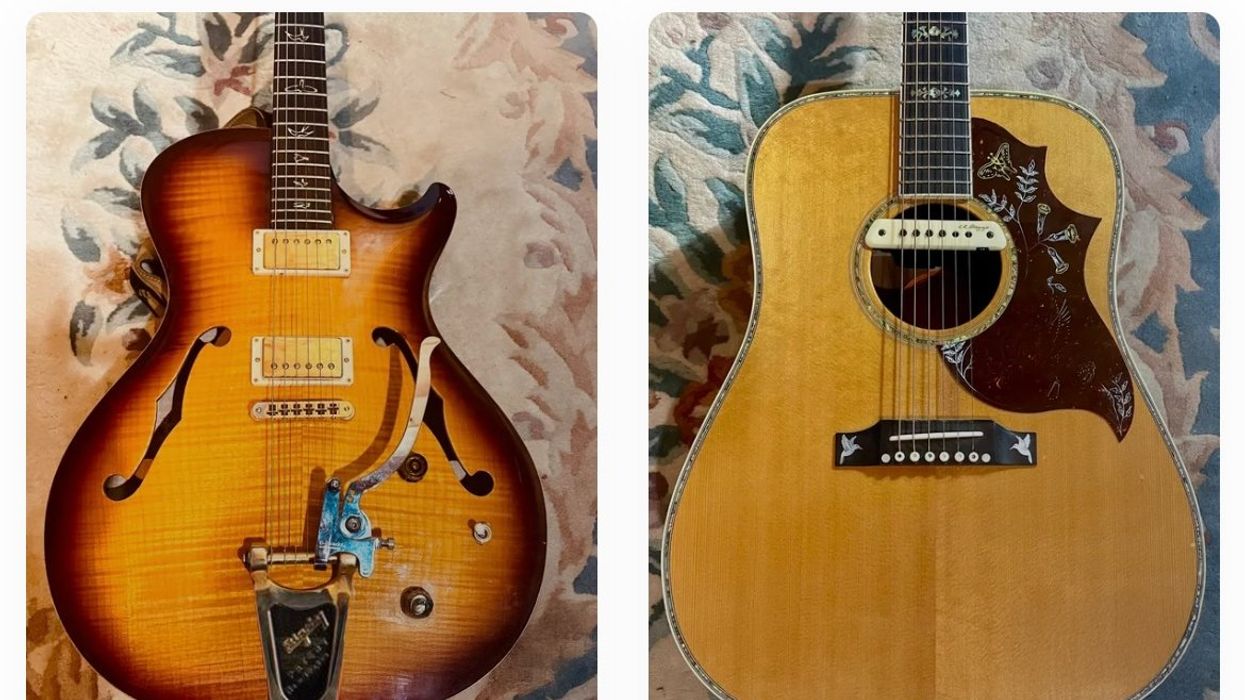Being a professional musician is one of the few scenarios where an adult builds an entire life around an interest that grabbed their attention when they were children. Ask kids what they want to be when they grow up, and they usually answer with their fantasy job: professional athlete, cowboy, movie star, princess, president, astronaut. Time usually reveals that many of these career paths are not likely to work, so most of us silence that childish dream and stumble into something that pays the bills. But plenty of musicians never quite make the leap to practicality.
The other night, I played a club with my longtime friend and bandmate Andy Hull—a great musician, great drummer, great guy. On a break, we were doing what musicians do: talking about music and dream gigs. Andy said that when he saw a Genesis concert as a teen, he thought, “That’s the life for me. I would love to be in the Chester Thompson seat, part of a great band playing in front of 80,000 people.” Then he added, “But that’s probably not going to happen, and that’s okay. I’ve got a beautiful life.”
I responded, “Andy, you’ve been on a bunch of big tours. When you’re not on the road, you’re making records. And for the record, you and I played Nissan Stadium together last winter. It was packed with something like 82,000 people, plus another five million watching on TV. Great money, great gig, great band. If our 16-year-old selves could see that, we would feel like the luckiest kids in the world.” Andy’s reply dropped off: “Ya, but….” Then we laughed and got back on stage, and sloshed through another night of live music.
“Everyone who attains a hard-earned goal knows the hollowness you feel after the after-after party, when the congratulations, back-slapping, and basking in the glory end.”
The conversation reminded me of a poignant scene from Pixar’s 2020 movie, Soul. The main character, voiced by Jamie Foxx, is Joe Gardner, a 45-year-old middle school music teacher from New York who dreams of becoming a jazz pianist. He gets his chance when a former student, now a big-time jazz drummer, lines up a last-minute audition for the piano slot for top-tier saxophonist Dorothea Williams. Joe nails the audition, gets the gig, and then promptly falls to his death through an open manhole. Joe is not ready to leave this world with his lifelong ambition nearly consummated, so his ghost-like soul works and schemes a way back into his body to play the gig.
That night, after much cunning, effort, and breaking the rules of mortality, the dream gig is everything Joe hoped for. A lifetime of preparation pays off: Joe plays great, the band loves him, the audience is into it, his mom finally supports his music career, and his dream is realized. As the band leaves the venue after the gig, Joe asks Dorothea, “So, uh, what happens next?” Dorothea replies, “We come back tomorrow night and do it all again.”
Joe looks confused, deflated, and empty. He explains to Dorothea, “It’s just that I’ve been waiting for this day my whole entire life. I thought it would feel … different.”
Dorothea tells Joe a metaphorical story about a fish who swims up to an older fish and says, “I’m trying to find this thing they call the ocean.”
The older fish replies, “The ocean? That’s what you’re in right now.”
“This?” says the young fish, perplexed. “This is water; what I want is the ocean.”
Dorothea gives Joe a knowing look, then speeds off in a cab.
Everyone who attains a hard-earned goal knows the hollowness you feel after the after-after party, when the congratulations, back-slapping, and basking in the glory end. When you’re alone with your thoughts, you realize that your achievement doesn’t make you feel any different. You’re wondering, “What’s next? Is that all there is?”
When you put all your focus on the outcome, you can attach an unattainable illusion of fulfillment, happiness, perfection to it. The seemingly successful unhappy person is often stuck in a cycle of searching for external things, accomplishments, and/or material objects, to fulfill and complete them. Sadly, they often miss the best part: the journey.
This drive is totally understandable. Professional musicians know that at times, you are motivated by fear: fear of poverty, fear of failure, fear of abandoning your dreams and losing this sense of who you think you should be. Honestly, this fear is a good motivator to improve your skills and hunt for the best work scenario. Those who don’t have those fears usually don’t survive the industry. I think this is the natural wiring of humans. Our knuckle-dragging ancestors were less likely to survive unless they did worry how they were going to eat and not be eaten. But while vigilance and hard work are good things, you gotta know when to turn it off and not become attached to your vision of what life should be.
I have a tendency to live thinking, “Everything will be cool when I have the killer gig, have more money, have more free time, have a 1958 Gibson goldtop Les Paul,” etc., etc., etc., ad nauseum. It’s like I’m waiting to live until my conditions are met. But the old fish knows that you’re swimming in what you are looking for.


